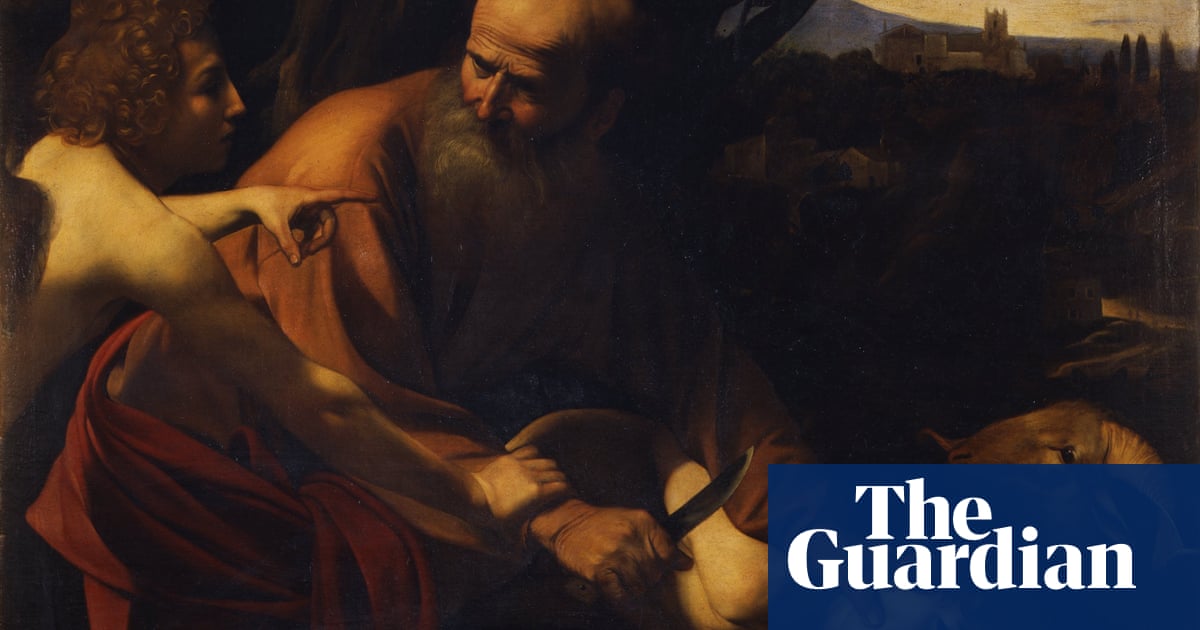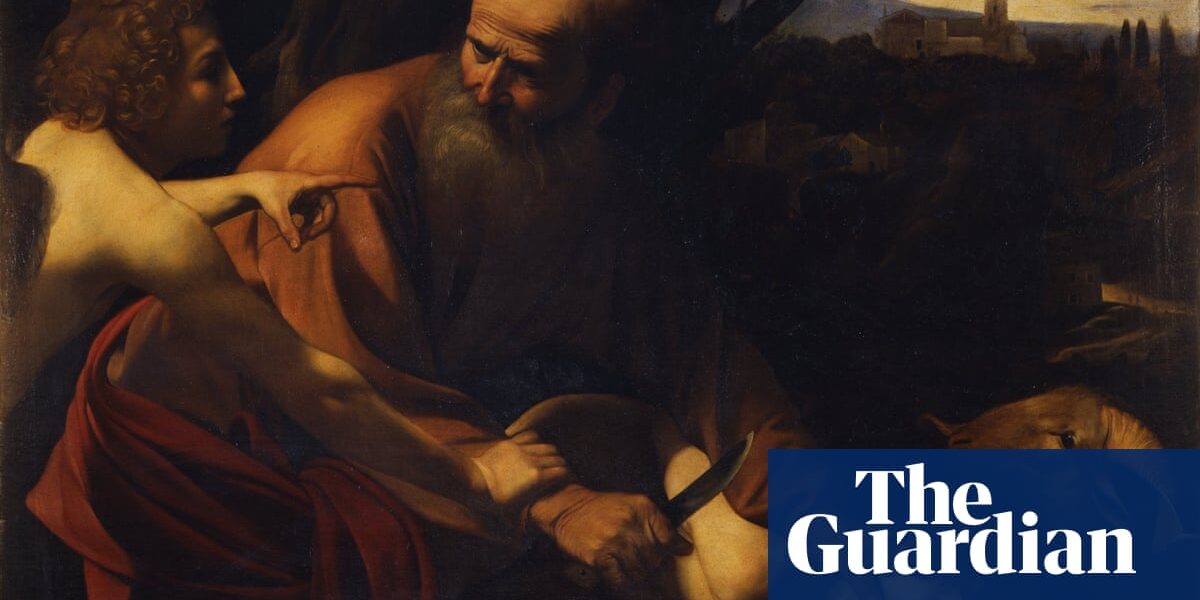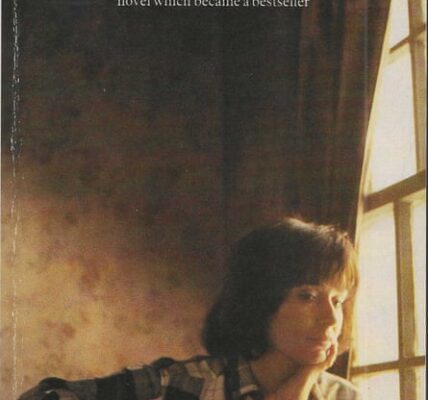This review explores Marilynne Robinson’s in-depth literary analysis of the first book of the Bible, “Genesis”.

T
Award-winning author and cultural commentator Marilynne Robinson has directed her literary prowess towards the first book of the Bible. Genesis, a fundamental and influential text in Western culture, has influenced art, literature, and our understanding of life and politics. Its stories continue to captivate and puzzle readers. While some stories, notably the Great Flood, may bear similarities to other Mesopotamian tales such as the Epic of Gilgamesh and the Enuma Elish, Robinson illustrates how Genesis offers a unique perspective. She argues that the Great Flood was not a literal event but serves as a parable to convey the message that although humans have caused great destruction in the world, God chooses to preserve life rather than starting over. Ultimately, despite the challenges, life remains a blessing.
Despite the fact that Genesis emphasizes God’s expectation of moral goodness from humans, the central characters often display significant flaws. Cain is a murderer, Abraham permits cruelty, and Jacob is deceitful and manipulative. However, despite these shortcomings, the underlying purpose of creation remains steadfast and does not reject humanity. One key theme highlighted by Robinson is the universality of Genesis. The descendants of Abraham are destined to be as numerous as the stars in the sky, and through him, all families on Earth will be blessed. This remarkable fact is evident in the billions of Jews, Christians, and Muslims today who all consider themselves descendants of Abraham, each in their own unique ways.
Using thorough observations and impactful comparisons, Robinson’s analysis sheds light on how the sacrifice of Isaac, referred to as “the binding of Isaac” by Jews, is not a trial of Abraham’s faith, but a prohibition against the child sacrifice practiced in other cultures, such as Carthage. While she does incorporate biblical scholarship when necessary, her work primarily consists of a meticulous literary reading. This perspective in her writing mirrors the awe and wonder found in her novels. Reflecting on the opening line of Genesis, Robinson expresses her amazement, stating, “The thought that a human hand first inscribed those words fills me with admiration. This sentence is a masterful use of brevity.”
“There’s a divinity that shapes our ends, rough-hew them how we will,” Hamlet said to Horatio. That is the conviction that controls the narrative of Genesis, culminating in its closing, when Joseph says to the brothers who tried to murder him, “You meant evil against me, but God meant it for good, to bring it about that many people should be kept alive, as they are today.”
Robinson doesn’t make many allowances for the reader. There is no initial or final section, nor are there any chapter titles or guiding markers. She simply wants her readers to revisit Genesis and form their own interpretations. As a means to achieving this, the Book of Genesis is included at the end in the Revised Standard Version. This version maintains the rhythmic style of the King James Bible, while also being more precise. Reading both the text and Robinson’s meticulous examination of it leads to a profound enhancement and transformation of one’s comprehension of the material.
Bypass the advertisement for the newsletter.
after newsletter promotion
Source: theguardian.com



